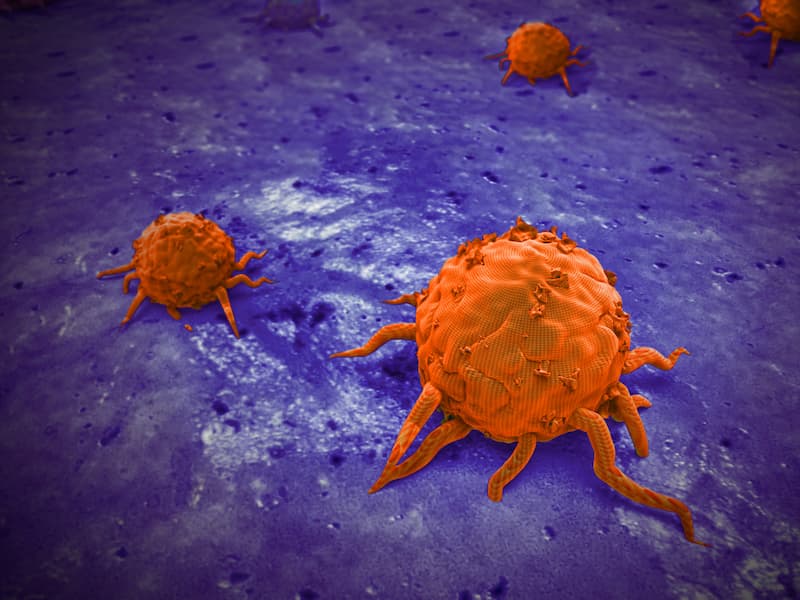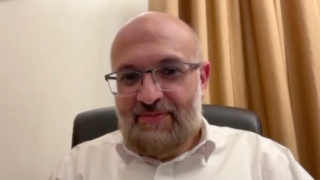
Oncology
Latest News
Latest Videos

Shorts
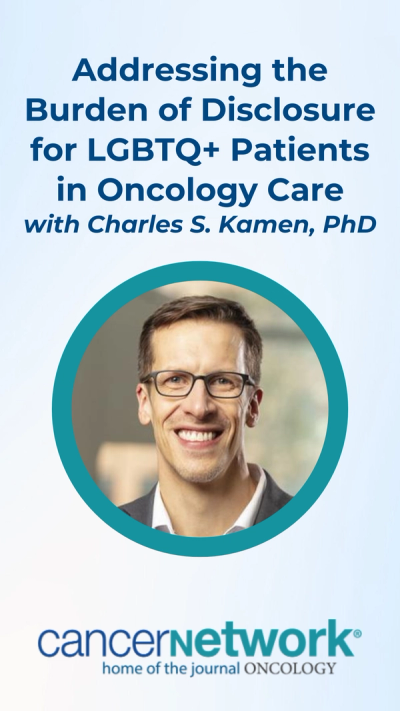
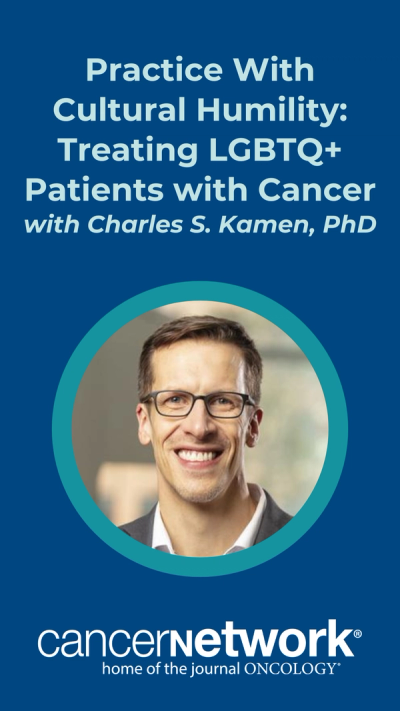
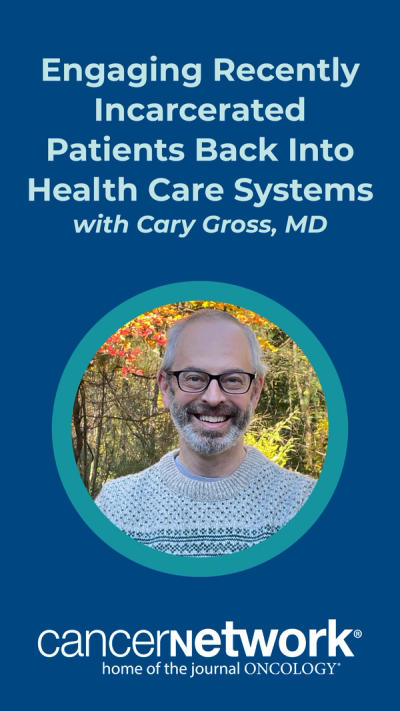







Podcasts
CME Content
More News

A recent study found that the number of practicing oncologists is declining as the US population ages and cancer diagnoses continue to increase.

PAS-004 was deemed safe and tolerable when given in 37 mg capsules, so the trial will proceed to administer the agent in 45 mg capsules.

When a patient may not have the capability of understanding or consenting to treatment options, Louis P. Voigt, MD; and Yesne Alici, MD, will utilize decision-making capacity techniques.
![According to John Henson, MD, “What we need are better treatments to control the [brain] tumor once it’s detected.”](https://cdn.sanity.io/images/0vv8moc6/cancernetwork/e0d29c38bb732429ae370e4ef7d1829a10c96446-2992x1684.png?w=350&fit=crop&auto=format)
According to John Henson, MD, “What we need are better treatments to control the [brain] tumor once it’s detected.”

First-degree relatives of patients who passed away from pancreatic cancer should be genetically tested to identify their risk for the disease.

Daniel C. McFarland, DO, is joined by Louis P. Voigt, MD, and Yesne Alici, MD, who focused on decision-making capacity and patient-centered care.

Partial responses and stable disease were observed with PAS-004 in patients with advanced solid tumors harboring RAS, NF1, or RAF mutations.

Results from the C-POST trial showed that cemiplimab improved DFS vs placebo in patients with CSCC at high risk of recurrence following surgery and radiation.

The regulatory decision regarding the subcutaneous pembrolizumab formulation is based on results from the phase 3 3475A-D77 trial.
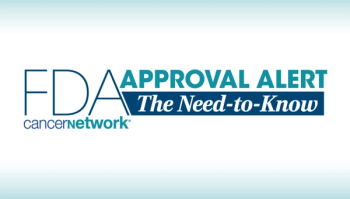
Results from the KOMET trial led to the approval of selumetinib in adults with NF1 symptomatic, inoperable plexiform neurofibromas.

According to Toru Kondo, PhD, EVA1-ADC is able to target glioblastoma-initiating cells while sparing normal cells and stem cells during treatment.

A busy week for the FDA saw notable regulatory approvals across different breast cancer, acute myeloid leukemia, and endometrial cancer indications.

There is a lot of excitement among experts in the field of antibody-drug conjugates as new developments continue to come out in various disease states.

The Aliya PEF ablation procedure achieved local tumor control in 96% of patients and was well-tolerated with no delays to SOC therapy.

Experts discussed supportive care and why it should be integrated into standard oncology care.

Manali Patel, MD, MPH, MS, FASCO, discusses current gaps, projected needs, and actionable strategies for the US hematology and medical oncology workforce.

Cancer cachexia can be deadly, and due to AEs or the tumor itself, scientists are now looking at molecular subtypes to inform treatment decisions.

No dose-limiting toxicities were observed in the phase 1/2 trial evaluating zurletrectinib in patients with NTRK/ROS1-driven malignancies.

Vickie Baracos, PhD, discusses recent results that investigate cancer cachexia and how the RNome of the muscle plays a role.

The denosumab-bmwo products Stoboclo and Osenvelt have been approved as interchangeable with the denosumab products Prolia and Xgeva, respectively.


A unique cisplatin-containing intratumoral formulation achieved a median OS of 18.7 months in patients who were dosed at 40% or more of their TTB.
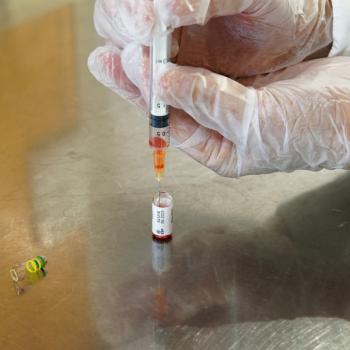
The Nuclear Medicine Clarification Act seeks to increase transparency in reporting potentially high-dose extravasations in administering radiation.

Rural populations and those with higher cancer burden and socioeconomic risk were found to have gaps in oncology care across the US.

Assessment of ZEN-3694 plus abemaciclib or cisplatin/etoposide in NUT carcinoma is ongoing across 2 active clinical trials.



